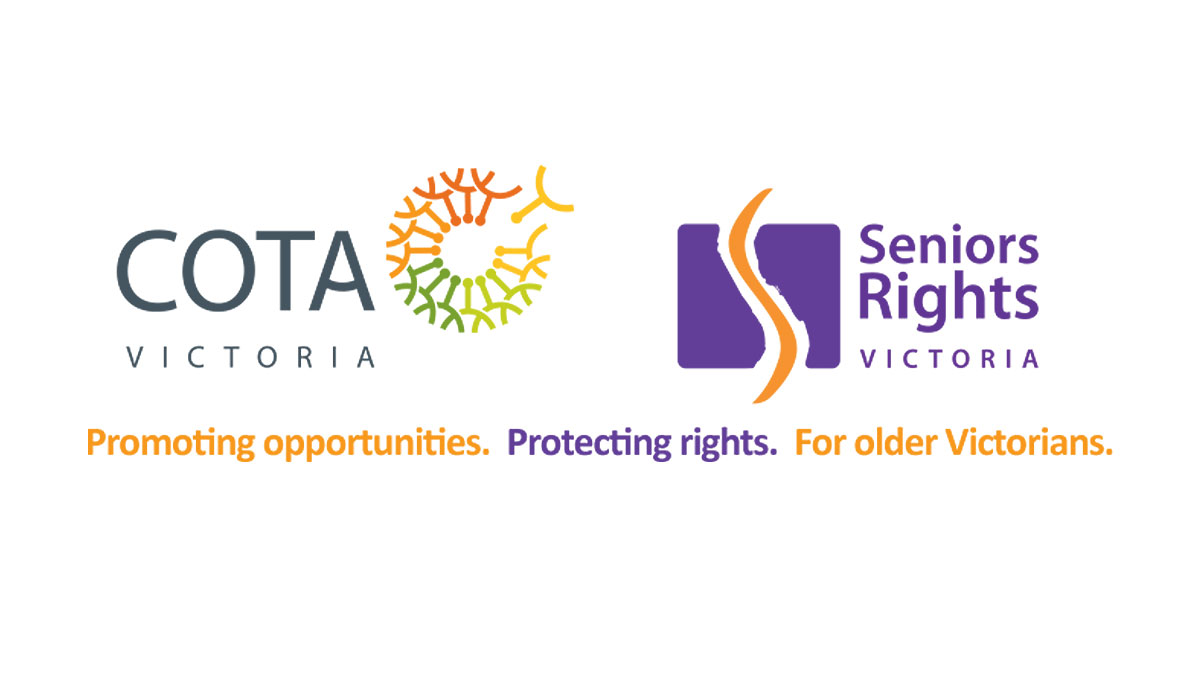Older Australians earn valuable qualification in Ageing and Disability during COVID-19
The first cohort of 31 mature aged graduates will receive their Certificate III in Individual Support
(Ageing and Disability) in partnership with RMIT University and Good Shepherd Australia and New Zealand, as part of the Cities of Brimbank, Melton and Bacchus Marsh’s commitment in targeting unemployed mature workers over the age of 50.
The Reach, Train and Employ Project, managed by the Council on the Ageing (COTA) Victoria, for the Australian Federal Government, was set up as a result of the increasing number of older Australian workers who are unemployed. The program was supported by the Try, Test and Learn Fund – an initiative of the Australian Government Department of Social Services.
The program aimed to increase employment outcomes for older Australians through accredited training and job placement in the aged care and disability services sector, supporting older people and people with disabilities in the community.
The program was designed to provide training that addresses barriers to employment, including low digital literacy, limited access to technology, as well as health and wellbeing concerns and loss of confidence. The program also provided extended support to assist older workers into sustainable employment such as becoming a personal carer in residential aged care, an in-home support worker, a disability support worker and community based individual support worker.
Of the 31 graduates, 18 students have found work before finishing their studies. The majority are working in the aged care/disability sector as a personal carer, in Home Community Care or at a residential facility.
Others have found work in non-related fields, including working for corrections, hairdressing, retail or hospitality.
With people over the age of 50, on average, spend twice as long looking for work than younger people 1, therefore older workers were facing an uphill battle in reentering the workforce to find meaningful employment in 2020. One of the solutions was to acquire a new qualification and pursue a different career where job demand is high.
The students, ranging from ages 51 to 75 completed a 12-month course that was co-designed by industry experts and people with lived experience of requiring care due to age related health issues or disability. Included in the course was 120 hours of work placement in various aged care facilities.
COTA Victoria CEO, Tina Hogarth-Clarke said the inaugural program was a great success with 31 graduates now working closely with COTA Victoria to look at job opportunities.
“The Victorian Aged and Disability sector is in desperate need of quality candidates and we have a group of very enthusiastic graduates who are ideal for these positions. It is a great outcome all round.”
The July online graduation ceremony will also include a panel discussion featuring Age Discrimination Commissioner, The Hon Dr Kay Patterson and Gerard Mansour, Commissioner for Senior Victorians to discuss issues for older people to gain employment and remain employed.
Graduate, Pauline*, 59 years of age, says, “I leave [placement] with a smile on my face and a happiness in my heart knowing that I have helped to bring some joy to their day. The first ‘I love you’ I got from a resident, the first smile, the first time my hand was held will forever stay with me.”
Sharyn Ciberlin, 53, who also completed the Reach, Train, Employ Program, has now found work as a personal carer, after being in and out of work since 2018.
“Reach, Train, Employ is a great initiative, the partnership of COTA Victoria, RMIT University and Good Shepherd Australia New Zealand works very well. Putting together the needs of over 50s, who are looking for work, with the community need for aged care and disability support – this really addresses it. This should be the main goal of education: matching a need with a skill.
“I may do further education, definitely the Cert IV. I may even go further – I love learning.”
And Sharyn has some sound advice for older Australians who find themselves unemployed.
“We have transferable life skills; we are valuable. Be confident and listen. Keep informed; know where to go for information. Go to places like your local council for information. Go to the library and source information for support. Keep in touch with what is going on. Know you are of value.”
Media contact: Diane Falzon, pr@dianefalzon.com, 0430 596 699
